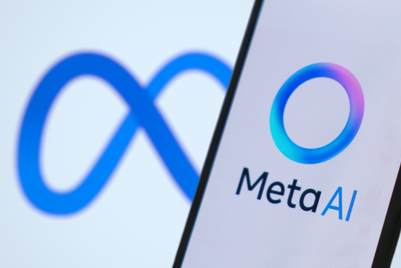
Google and Meta aimed ads for Instagram at teenagers on YouTube, despite Google’s rules against targeting under-18s, according to an investigation by the Financial Times.
The campaign, which targeted 13-to 17-year-olds, skirted Google’s rules by focusing on a group of users labelled “unknown,” which Google knew was skewed towards those under 18, according to the report.
According to the investigation, the project was initiated last year by Spark Foundry US, acting for Meta.
Google and Meta worked with Spark Foundry US, part of Publicis Groupe, to launch a pilot programme for the campaign between February and April this year. The programme was then trialled in the US in May.
The companies had planned to expand it to international markets and use it to promote other Meta apps such as Facebook.
When Google was contacted by the FT, the company initiated an investigation into the allegations and the project has now reportedly been dropped.
Google told Campaign it had “thoroughly reviewed the allegations about circumvention of our policies and will take appropriate further steps”, including “refreshing our training to make sure that our sales representatives understand that they are prohibited from assisting advertisers in trying to specifically target sensitive audiences”.
A spokesperson said, "We prohibit ads being personalised to people under 18. These policies go well beyond what is required and are supported by technical safeguards.
“We've confirmed that these safeguards worked properly here. We'll also be taking additional action to reinforce with sales representatives that they must not help advertisers or agencies run campaigns attempting to work around our policies.”
Google said the “unknown” category refers to people whose age, gender, parental status, or household income are not identified by advertisers.
“Serving against the ‘unknown’ age category reaches a wide audience, which could include users who have turned personalisation off, or whom we have not identified an age (which can include users who are signed out),” the company said.
A Meta spokesperson told Campaign: "We’ve been open about marketing our apps to teens as a place for them to connect with friends, find community, and discover their interests.
"Google’s 'unknown' targeting option is available to all advertisers – not just Meta – and we have clear principles we adhere to when it comes to how we market our apps to teens on other platforms, including not using information about their interests to target them with ads."
The story follows Mark Zuckerberg appearing in front of the US Congress in January, where the Facebook co-founder apologised to the families of children who the platform had sexually exploited.
Spark Foundry US declined to comment.



.jpg&h=334&w=500&q=100&v=20250320&c=1)





+(900+x+600+px)+(3).png&h=334&w=500&q=100&v=20250320&c=1)
.jpg&h=334&w=500&q=100&v=20250320&c=1)


.jpg&h=268&w=401&q=100&v=20250320&c=1)
.jpg&h=268&w=401&q=100&v=20250320&c=1)

.png&h=268&w=401&q=100&v=20250320&c=1)
.jpg&h=268&w=401&q=100&v=20250320&c=1)
.png&h=268&w=401&q=100&v=20250320&c=1)